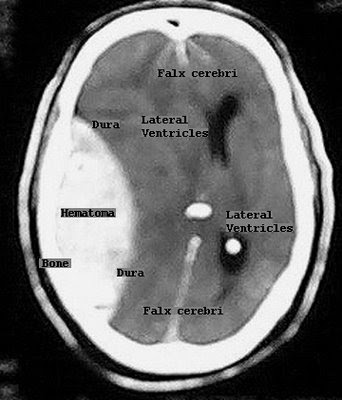Base de dados : MEDLINE_1997-2009
Pesquisa : ( C10.900.300 ) or "hemorragia cerebelar traumatica" [Descritor de assunto] and "ENSAIO CLINICO" [Tipo de publicapotoo]
Referências encontradas : 4 [refinar]
Mostrando: 1 .. 4 no formato [Longo]
página 1 de 1
1 / 4 MEDLINE_1997-2009
next record last record
seleciona
para imprimir
Fotocópia
PMID: 16433944
Autor: Ownsworth T; Fleming J; Desbois J; Strong J; Kuipers P
Endereço: Division of Occupational Therapy, School of Health and Rehabilitation Sciences, The University of Queensland, St. Lucia, Australia. t.ownsworth@griffit.edu.au
Título: A metacognitive contextual intervention to enhance error awareness and functional outcome following traumatic brain injury: a single-case experimental design.
Fonte: J Int Neuropsychol Soc; 12(1):54-63, 2006 Jan.
ISSN: 1355-6177
País de publicação: England
Idioma: eng
Resumo: Very few empirically validated interventions for improving metacognitive skills (i.e., self-awareness and self-regulation) and functional outcomes have been reported. This single-case experimental study presents JM, a 36-year-old man with a very severe traumatic brain injury (TBI) who demonstrated long-term awareness deficits. Treatment at four years post-injury involved a metacognitive contextual intervention based on a conceptualization of neuro-cognitive, psychological, and socio-environmental factors contributing to his awareness deficits. The 16-week intervention targeted error awareness and self-correction in two real life settings: (a) cooking at home; and (b) volunteer work. Outcome measures included behavioral observation of error behavior and standardized awareness measures. Relative to baseline performance in the cooking setting, JM demonstrated a 44% reduction in error frequency and increased self-correction. Although no spontaneous generalization was evident in the volunteer work setting, specific training in this environment led to a 39% decrease in errors. JM later gained paid employment and received brief metacognitive training in his work environment. JM's global self-knowledge of deficits assessed by self-report was unchanged after the program. Overall, the study provides preliminary support for a metacognitive contextual approach to improve error awareness and functional outcome in real life settings.
Tipo de publicação: CASE REPORTS; CLINICAL TRIAL; JOURNAL ARTICLE; RESEARCH SUPPORT, NON-U.S. GOV'T





